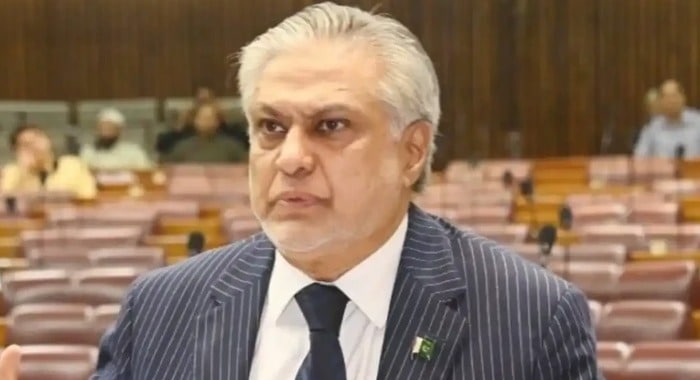The recent aerial clash between India and Pakistan has not only shaken geopolitical dynamics but also military pride. Deputy Prime Minister and Foreign Minister Ishaq Dar declared in Parliament that the Pakistan Air Force (PAF) shattered India’s arrogance by downing three Rafale fighter jets, sending a clear message that superiority in the sky isn’t dictated by price tags alone.
Addressing the National Assembly, Dar stated, “Had we not exercised restraint, the PAF could have taken down not five but up to twelve Indian jets.” According to him, Pakistan deliberately limited its retaliation, instructing its air force to target only those Indian aircraft actively releasing payloads during the hour-long encounter.
The Indian Air Force had carried out 24 missile attacks across six Pakistani sites, resulting in the death of 26 civilians and injuries to 46 more. In a devastating response, the PAF shot down six Indian aircraft, including three Rafales, and destroyed seven drones.
Dar lauded the PAF for lifting the nation’s morale, saying, “Our brave air force has made the Pakistani nation proud. The myth of the invincible Rafale has crumbled — not because the machine is weak, but because of incompetent Indian pilots.” He referred to social media reactions in France criticising Indian pilots rather than the aircraft itself.
He further revealed that Pakistan’s J-10C fighter jets, acquired from China in 2021 specifically as a counter to the Rafales, were responsible for neutralising the Indian threat.
Dar emphasized that Pakistan had shown remarkable restraint throughout the escalation. He stated that Pakistan offered independent international investigations within 72 hours of the initial Pahalgam incident — a move no guilty nation would propose.
He exposed India’s aggressive steps after the Pahalgam attack, including closing the Attari border, reducing diplomatic staff, cancelling Pakistani visas, and even attempting to unilaterally suspend the Indus Waters Treaty — a move Dar reminded the house India cannot legally make on its own.
Commenting on the night of May 6–7, Dar explained that Pakistani forces detected suspicious Indian movement and responded only after confirming missile launches. He said India tried to replicate a “Pulwama-style” scenario to justify escalation, but Pakistan foiled it with evidence and composure.
He also revealed that Pakistan had sent a formal protest letter to the UN Security Council, highlighting India’s violation of international law and deliberate targeting of civilian infrastructure, including the Neelum-Jhelum hydro-power project, protected under wartime water laws.
Dar concluded by reiterating Pakistan’s right to self-defence: “We responded only in defence — but make no mistake, if aggression continues, Pakistan will retaliate at a time and place of its choosing.”





